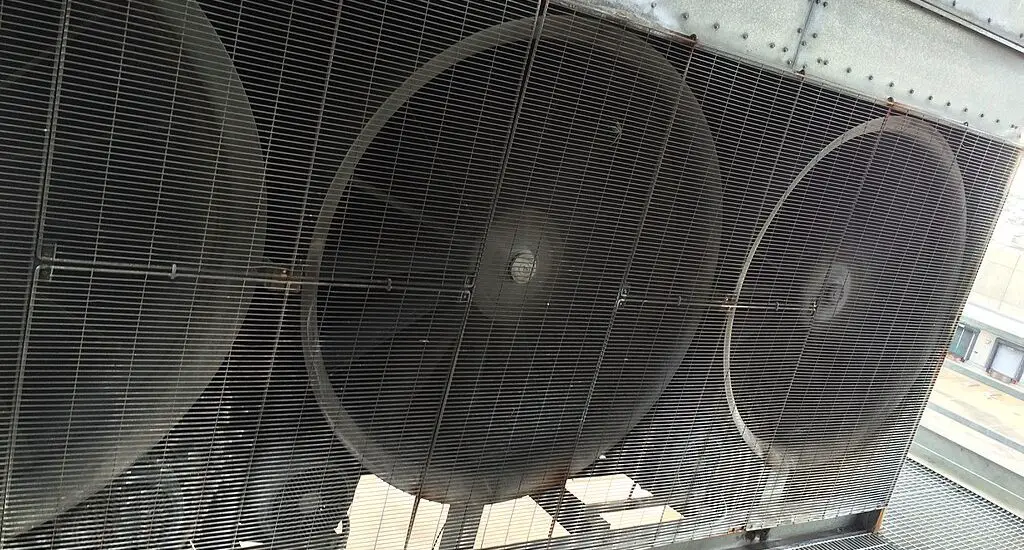Condenser refrigeration is like the beating heart in the body of any cooling system. It’s crucial, doing its job in silence, yet not many folks appreciate its significant role. Now, aren’t you curious to unravel the world of condenser refrigeration with us? That’s the spirit!

Table of Contents
Introduction to Condenser Refrigeration
So, what’s this all about? Simply put, condenser refrigeration involves using a specialized component – the condenser – in a refrigeration system. The condenser plays a starring role, helping to cool down your fridge, air conditioner, or any other refrigeration system. It’s like the guardian of cool, ensuring your ice cream doesn’t turn into a milky mess!
Detailed Analysis of a Condenser in Refrigeration Systems
Delving deeper into the world of condensers, we’ll unravel how these hardworking components function in refrigeration systems. We’ll explore the journey of heat and the variety of condensers, each with its unique traits and roles.
Understanding the Functionality of a Condenser in Refrigeration
Think of a condenser as a magic artist transforming hot, high-pressure refrigerant gas into a much cooler, liquid form. It does this by releasing the heat carried by the refrigerant into the surrounding environment. All this action happens inside the coils of the condenser, with the help of something called a heat transfer mechanism.
Heat Transfer Mechanism
Remember the good old second law of thermodynamics from your school days? Heat always travels from a hotter body to a cooler one. That’s exactly what happens in the condenser. The refrigerant, heated up by absorbing heat from your refrigerator or air conditioner, enters the condenser. The cooler condenser coils take up this heat, allowing the refrigerant to cool down and change back into a liquid form.
Different Types of Condensers in Refrigeration Systems
Guess what? Not all condensers are created equal. Depending on your system, you might find air-cooled, water-cooled, or evaporative condensers doing their magic.
Air-cooled Condensers
Air-cooled condensers are the most common type you’ll find in residential refrigeration systems. They work by blowing air across the condenser coils to carry away the heat.
These condensers are economical, easy to maintain, and work well in environments with plenty of fresh air and moderate temperatures. Not to mention, they’re quite energy-efficient, especially when used in smaller to medium-sized cooling systems.
Water-cooled Condensers
Water-cooled condensers, on the other hand, use water to carry away heat. They’re commonly found in larger commercial or industrial refrigeration systems.
They’re efficient and effective but do require a consistent water source and a way to treat or dispose of the heated water. That’s why they’re best suited to situations where water is abundant, and larger cooling capacities are required.
Evaporative Condensers
And then we have evaporative condensers, a kind of hybrid. They use both air and water to carry away heat. Water is sprayed over the condenser coils, and then a fan blows air across the wet coils. The result is a high level of efficiency and cooling capacity, making them perfect for larger refrigeration systems.
Role of Condenser in Refrigeration Efficiency
How crucial is the condenser to the efficiency of a refrigeration system? In a nutshell, very! The performance of the condenser directly impacts the system’s cooling efficiency.
If it can’t effectively remove heat, the system will have to work harder, consuming more energy. That’s why regular maintenance of the condenser is vital, including cleaning to remove any dirt or debris that could inhibit heat transfer.
Check out these other related articles…
Refrigerator Condenser Getting Hot: 4 Sure Fixes
Refrigerator Condenser Making Noise: Reasons & 2 Sure Fixes
Over Condensing Refrigeration: Your Comprehensive 411 Guide
Condenser Function: Your Essential Guide
Condenser Pressure in Refrigeration System: Ultimate Guide
Future Trends in Condenser Refrigeration Systems
Looking forward, we’ll venture into the upcoming trends in condenser refrigeration systems. With an emphasis on technological advancements and environmental considerations, we’ll foresee how these changes could shape the future of cooling.
Technological Advancements in Condenser Design
As with any field, technology continues to revolutionize the design and functionality of condensers. The trend is moving towards designs that are more efficient, more environmentally friendly, and able to fit into compact spaces.
For instance, there’s ongoing research into developing condensers that can perform optimally even under varying environmental conditions, potentially resulting in significant energy savings.
Environmental Considerations for Condenser Refrigeration
Lastly, as our world becomes more environmentally conscious, it’s important to consider the environmental impact of our refrigeration choices.
This includes the type of refrigerant used, energy consumption, and disposal of old equipment. A push towards greener alternatives in condenser design can play a significant role in reducing the environmental footprint of our cooling needs.
